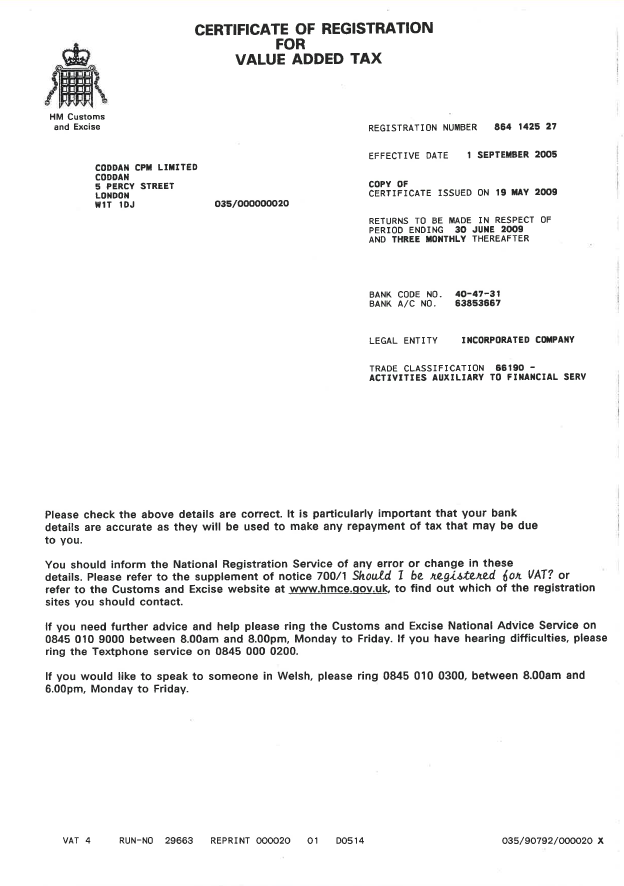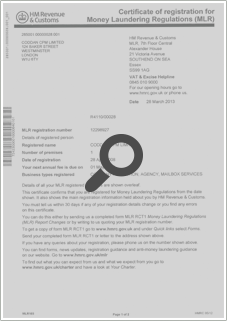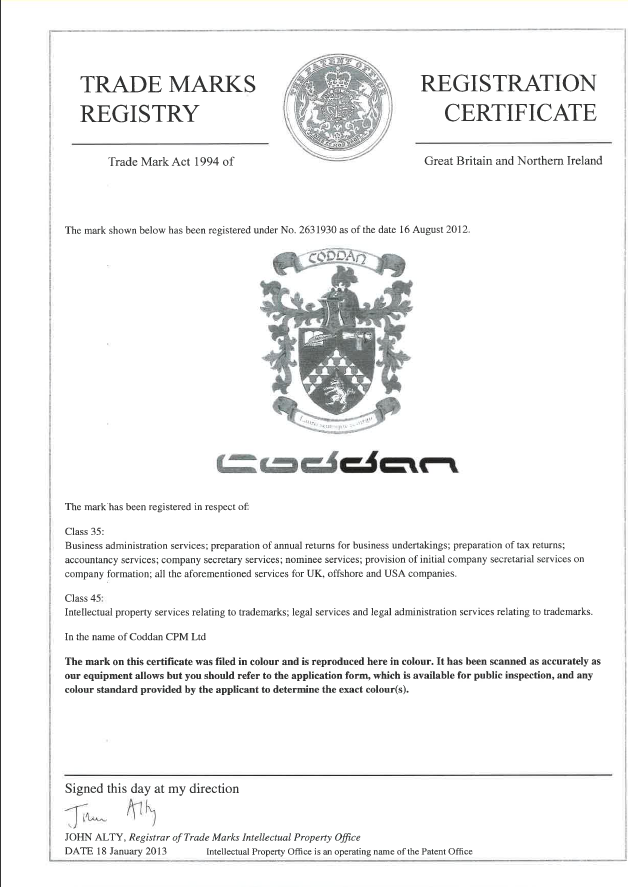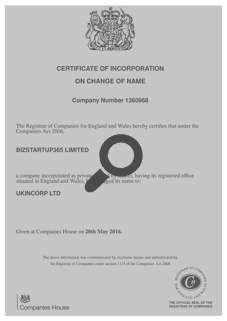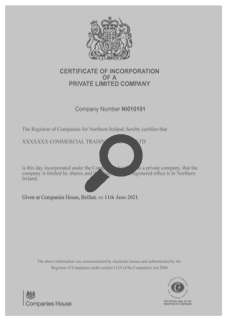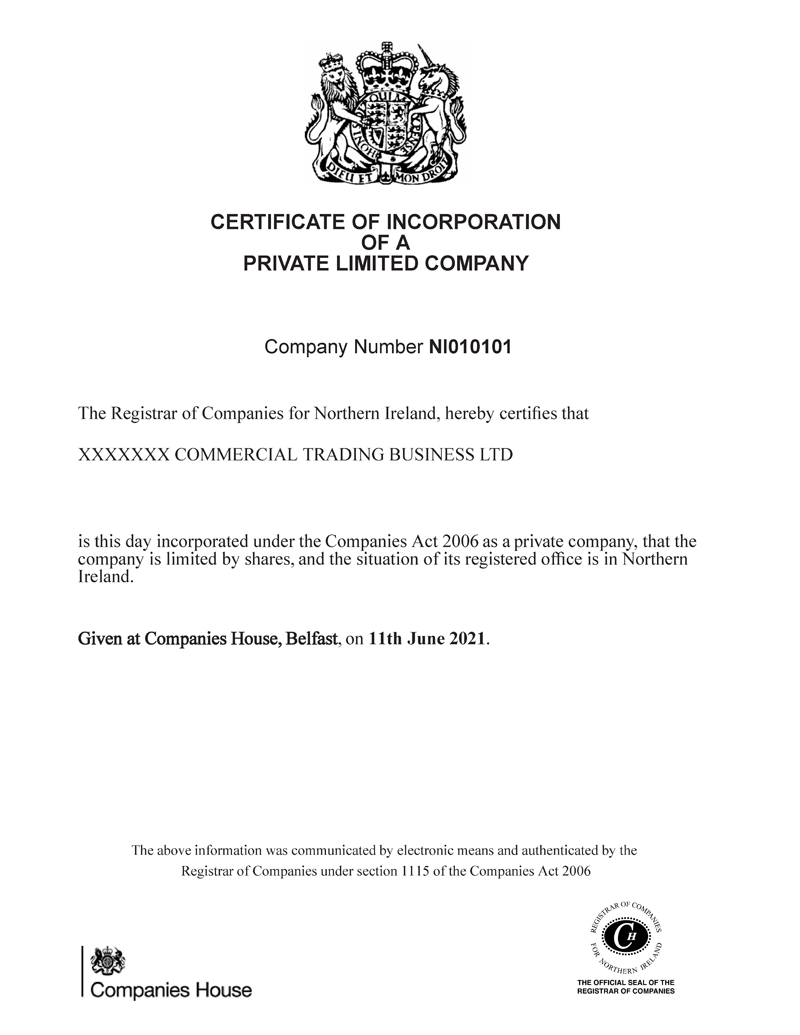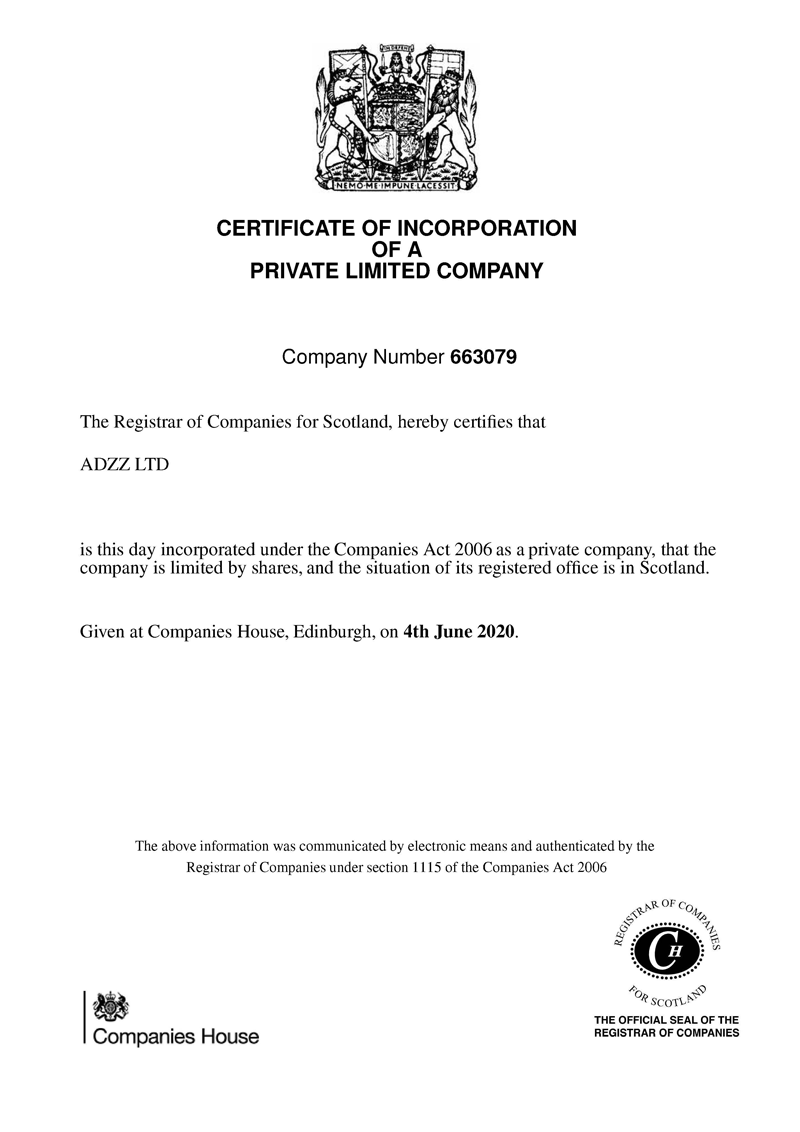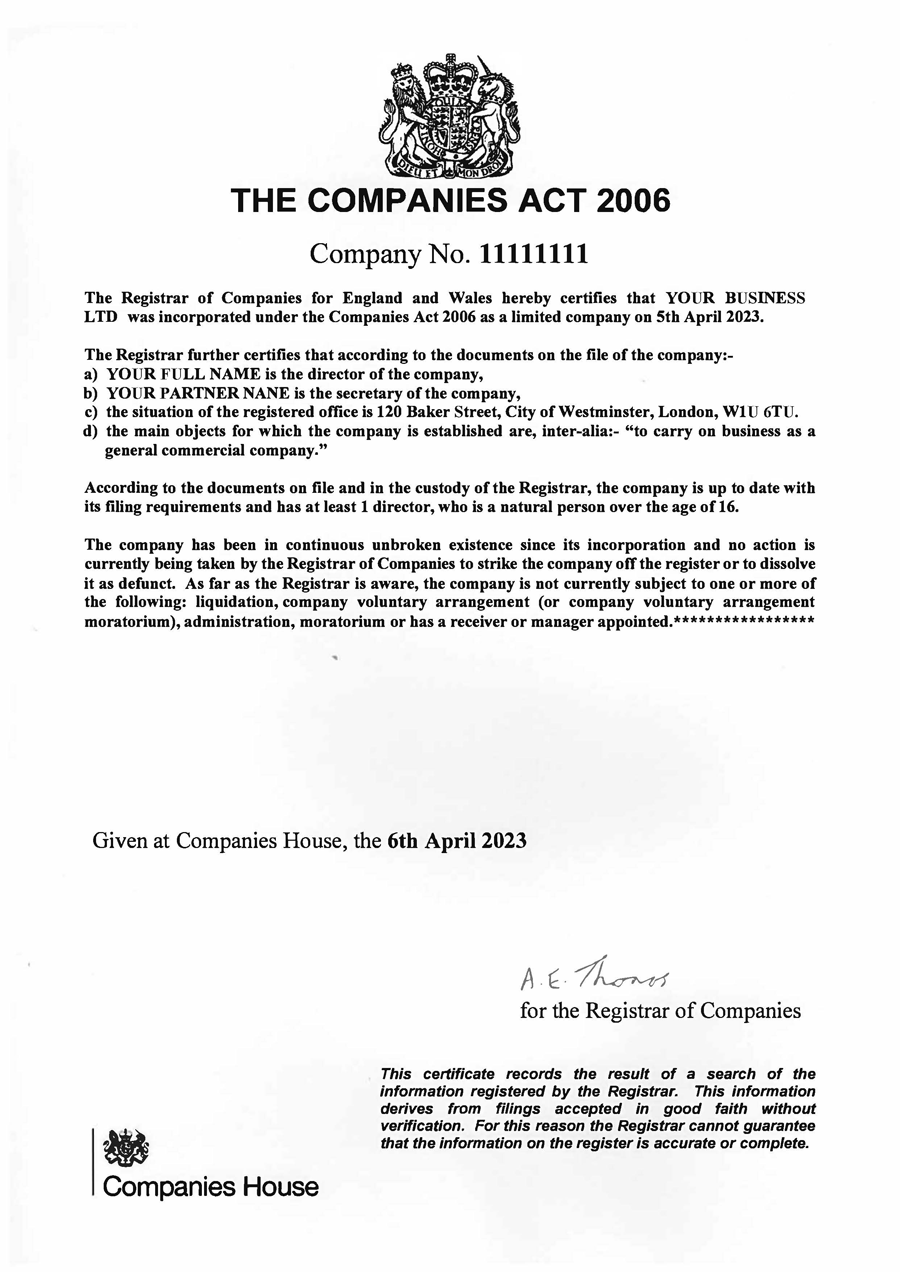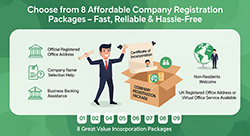Get Custom Articles of Association and Shareholders’ Agreement.
Get started and form your company effortlessly with personalized articles of association through our user-friendly company formation wizard.
Register the UK companies with a custom set of memorandum of association, articles of association and and add the shareholders agreement to your order.
- Our bespoke articles of association set out the rules for how a company is run, regulating matters like director appointments and share issues.
- To register a business and obtain articles of association for your company, decide if you will use standard model articles or create bespoke ones.
- Upon formation, our bespoke articles of association allow companies to tailor their governance framework to align precisely with their specific business goals.
- To register a company with bespoke articles of association, you must provide a custom document with your IN01 application to Companies House.
- We can register your private limited company with our tailor-made or customised articles of association with Companies House online or by post.
- Establish your limited company with bespoke articles of association; gain the advantage of customized paperwork designed specifically for your business goals.
- Every company that is formed must have Articles of Association; we can set it up with a government model, with our or your own bespoke articles of association.
- Bespoke Articles of Association are a governing document that establishes the powers, duties, and obligations of a company, its directors, and members.
- You can create a new company with custom articles of association through our portal by indicating your need for bespoke articles during the formation process.
- Form your UK limited company with custom articles of association; choose an authorised corporate service provider for seamless online setup and ID verification.

















 9.30 am – 6.00 pm GMT
9.30 am – 6.00 pm GMT Monday-Friday
Monday-Friday info@coddan.co.uk
info@coddan.co.uk


